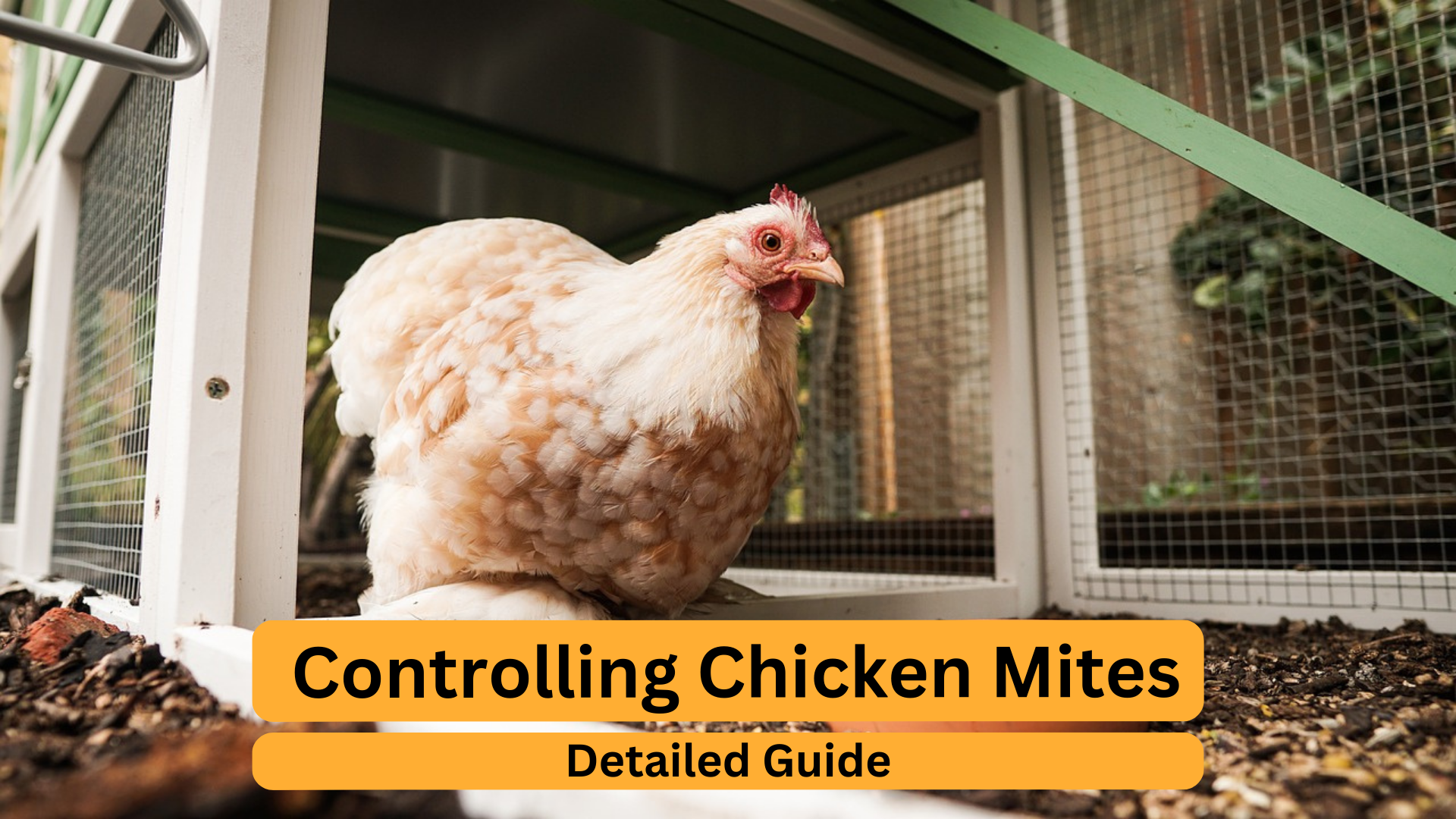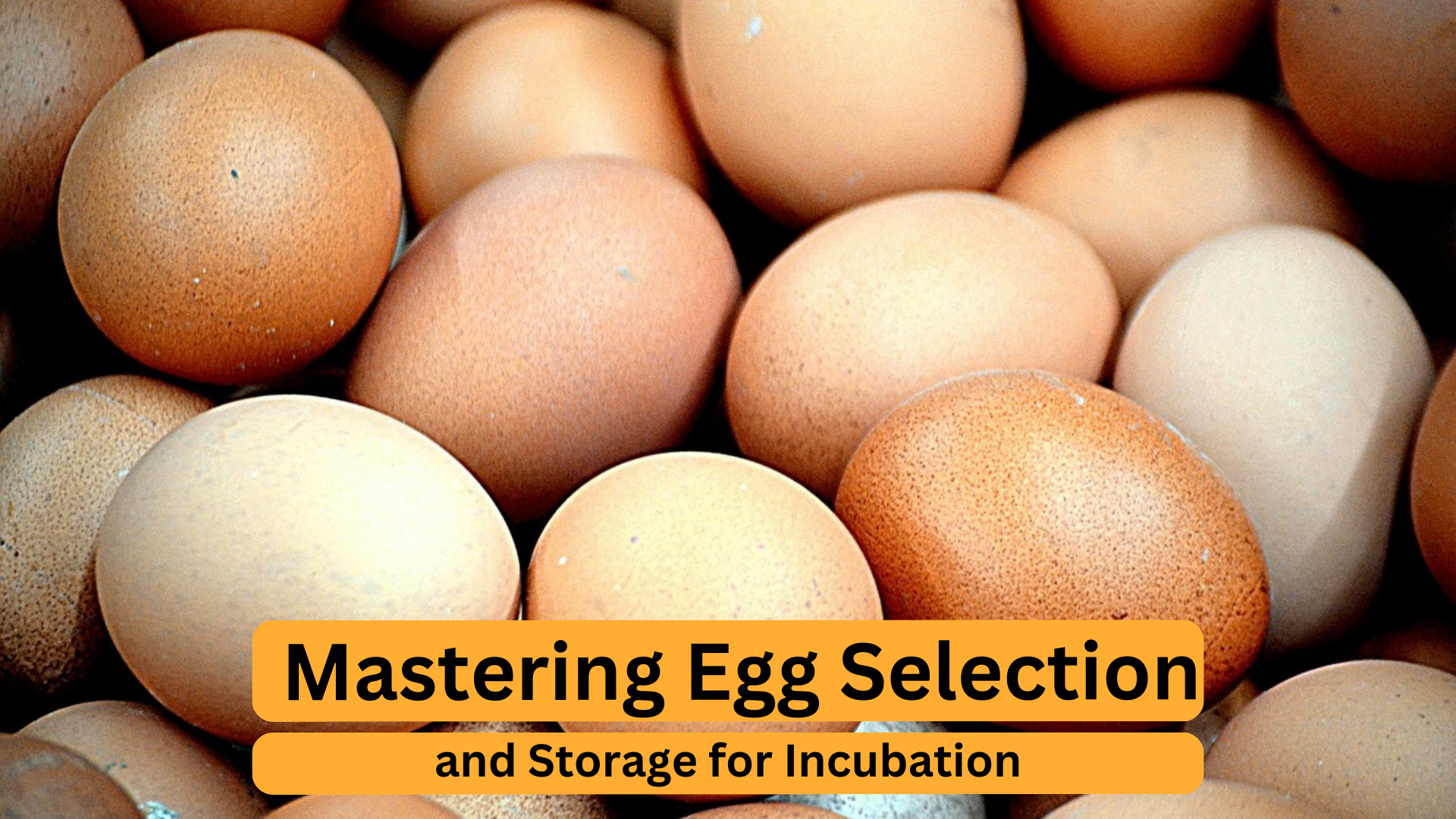Comprehensive Guide to Understanding Chicken Egg Laying:
Ventilation:
Creating the ideal environment doesn’t end with temperature management. Proper ventilation is just as important. Always ensure air circulates inside the coop, proper ventilation helps control the interior's temperature and humidity levels. Additionally, it aids in preventing the build-up of noxious gases and odours that may have an impact on the hens' well-being and therefore egg production.
Temperature:
For chickens, temperature is a key factor in egg production. Hens may completely stop laying eggs if the temperature is too high, and egg production may fall or even cease if the temperature is too low. To ensure maximum egg production, it is crucial to keep the temperature within the ideal range. Whilst this isn’t always a controllable element of owning chickens, there are things you can do to manage the climate. The first is to provide hens with unlimited access to the coop. The coop will be a warm place for hens where they can shelter from the weather and maintain a good temperature. Keeping the run and coop dry with fresh bedding and straw will also aid in managing the temperature, where hens won’t so easily get wet and cold.
Nutrition and Space for your chickens:
To maintain healthy chickens and maximise egg production, it is essential to provide adequate space and a healthy diet. Hens need access to a balanced diet that meets their nutritional needs as well as enough room to move around comfortably. Purchase a balanced feed from your fodder store or online to ensure you hens are receiving all the essential nutrients for optimal egg production. Calcium is the most essential element as it is crucial in the formation of strong eggshells. You can also provide your flock with food scraps and feed supplements such as the Nesty Nutrient Block to enrich their diet and eliminate boredom. By giving your hens a large area of room to move too, they will be happy and healthy and in turn lay more eggs.
Water:
Egg production also depends on having access to clean water. To stay healthy and lay eggs of the highest calibre, chickens need access to plenty of fresh, clean water. Ensure you have at least 4 litres of water available for every ten chickens. This will help to minimise the spread of bacteria and illness. Water should be changed daily and again if there is debris or foreign items in it.









